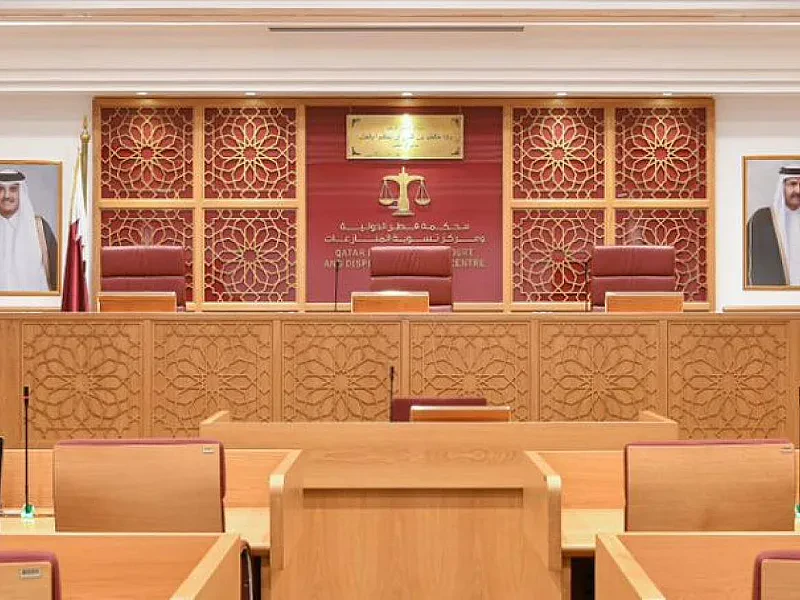
In Qatar's legal system, the Court of Cassation is the highest court of appeal. It is responsible for reviewing final judgments issued by lower courts and ensuring that the law is being applied correctly.
The Court of Cassation has a panel of judges who review cases brought before it. The panel typically consists of five judges, including the president of the court. The judges hear appeals from cases that have been decided by the Court of Appeal, and their primary responsibility is to review whether the law has been properly applied in those cases.
The Court of Cassation also has the power to review the interpretation of laws and regulations by lower courts. This means that if there is a disagreement between the lower courts and the interpretation of a particular law, the Court of Cassation can step in to provide a final decision on the matter.
One of the key functions of the Court of Cassation is to ensure consistency in the application of the law across the country. By reviewing the judgments of lower courts, the Court of Cassation can identify areas where the law may not be being applied consistently and provide guidance to ensure that the law is applied uniformly.
In addition to its role in ensuring that the law is being applied correctly, the Court of Cassation also plays a critical role in the appeals process in Qatar's legal system. The court reviews appeals from the Court of Appeal and can either uphold the decision or overturn it.
It's important to note that the Court of Cassation is not a trial court and does not re-examine the evidence or facts of a case. Instead, it focuses solely on the application of the law.
In conclusion, the Court of Cassation is an essential component of Qatar's legal system. Its primary responsibility is to ensure that the law is being applied correctly and consistently across the country. It serves as the final court of appeal in the country's legal system and plays a vital role in the appeals process.
Disclaimer: This article provides general information and should not be construed as legal advice. Please consult with a qualified and experienced lawyer for personalized guidance regarding your specific situation.
